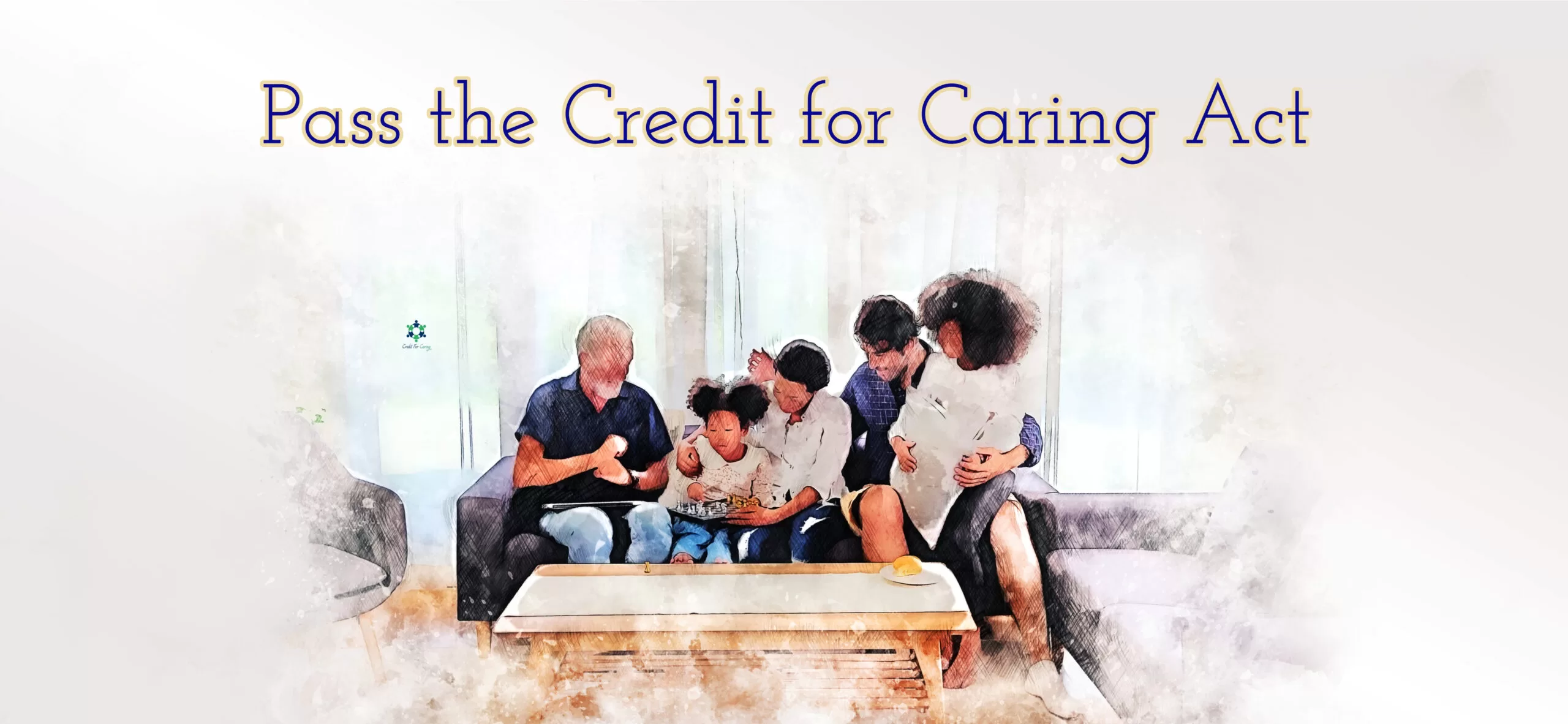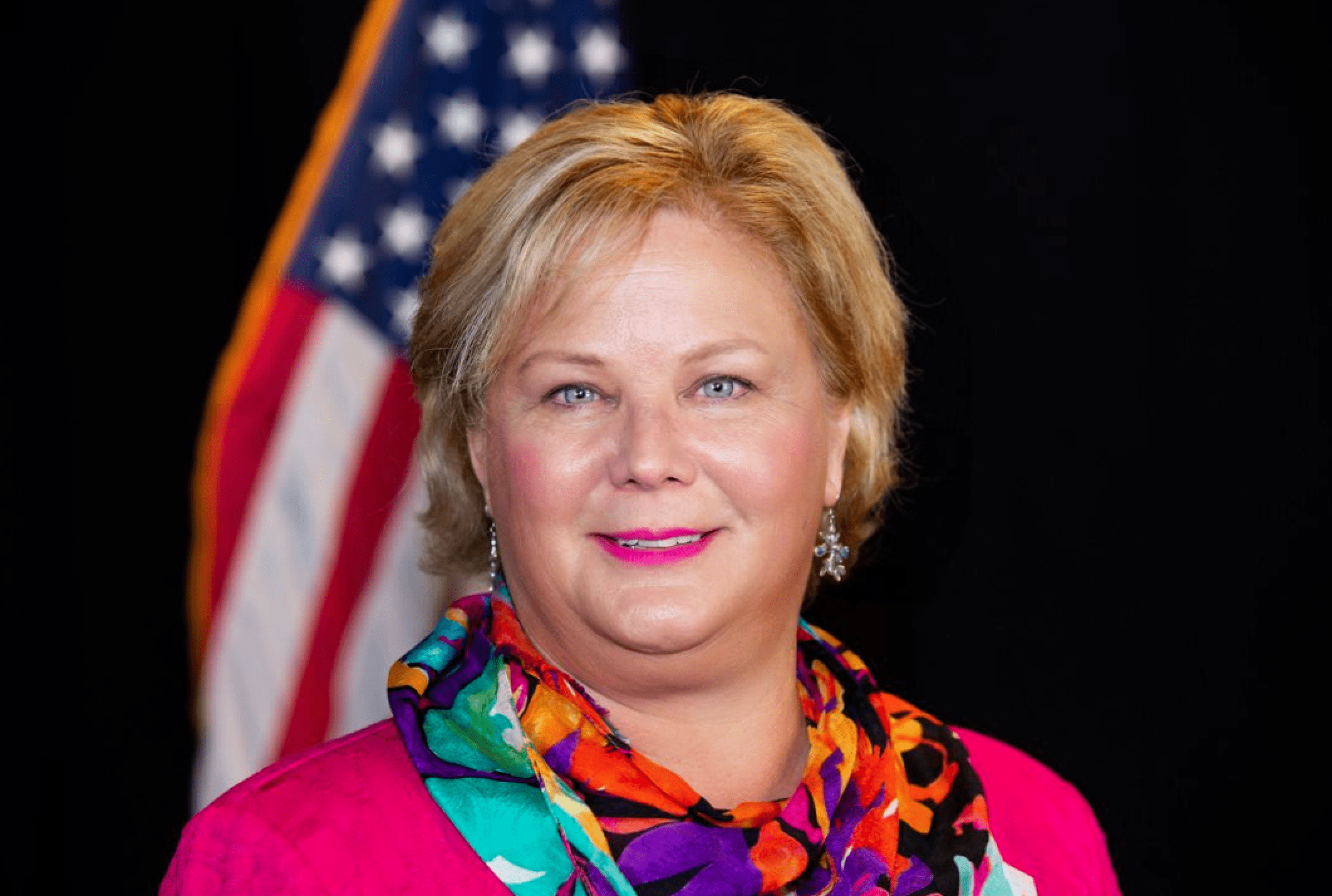
Election Analysis, Care was on the Ballot
Care Was on the Ballot
The polls closed, candidates reclaim the yard signs, and political pitches disappeared from the airwaves. I am not here to analyze the election. I am not a political pundit. My interest is what our elections say about how and what we do to care for each other.
The presidential proclamation for National Family Caregiver month includes platitudes like this: Family caregivers are the backbone of our Nation’s long-term care system, doing essential work with devotion, often at great emotional and financial cost. We owe them. It is time to bring their service out of the shadows and celebrate and support them in living their own happy, healthy, and fulfilling lives.
Care is Infrastructure
117th Congress passed the American Rescue Plan and the Infrastructure Investment and Jobs Acts that strengthen our communities with money for broadband and upgrades to care facilities. However, meaningful government reform to support and protect family caregivers was cut from these programs. Our leaders need to understand that care is as vital as road and bridges construction, high speed internet extensions, and the shovel ready projects for which they seek credit. Caregiving is infrastructure. Our work improves the nation’s economy through protecting the lives of workers and their families.
Who Needs Care?
I often refer to people needing care as vulnerable people. Who qualifies at vulnerable? People who need care include family, friends, neighbors, strangers, fellow citizens, and us. But let’s not stop there…many of us believe our pets are family. Lastly, the rash of natural disasters makes it clear that weather events can makes anyone a vulnerable person.
Work Life Imbalance for Caregivers
Caregiver and parent burnout soared during the last three years. Remember the pandemic? One infected person at a school or workplace setoff chain reactions. Parents reacted to the rapidly spreading virus turning the kitchen table into a school room with little notice. Employers and workers were left scrambling to adjust operations to survive.
Our new ‘work’ norms require a 24/7 availability either onsite or remotely. Our smart phones keep us engaged beyond that forty-hour work week. These unspoken requirements discriminate against family caregivers who work a second job for free.
Extend Paid Family Leave for All Workers
Most nations provide a paid leave benefit but not the USA. Did you know that only 21% of US workers have access to paid family leave? The Family and Medical Leave provisions (FMLA) apply to only the nation’s largest employers. Additionally, only 40% of American workers have short-term disability insurance.
Paid Leave programs would reduce the economic inequalities that many caregivers experience. The Hopewell Foundation expressed it best
“We all have a stake in ensuring people do not spread illness when they are sick and recovering, that no one ever must choose between their family and their paycheck. We need a sustainable paid leave policy in place so that families and businesses are never scrambling for piecemeal solutions when illness strikes, a serious caregiving need arises, or a new child is born or adopted.”
Pass The Credit for Caring Act
Demographic and social changes underscore the need to restructure our tax code to support trusted family and friends who are caring for each other. Our nation cannot afford to pay for the massive expense of custodial and skilled care that family caregivers provide for free.
Providing care can, and will, happen to many. Our image of the model caregiver “49-year-old married woman raising children and caring for aging parents” is changing. Caregivers come from every generation and family constellation. For example, new parents in their 40s or 50s (and some beyond) start a family. In many cases, their college aged children are becoming their caregivers. This role reversal is challenging our social norms of who cares for whom.
Like parents, caregivers deserve the financial relief of a tax credit. The Credit for Caring Act can offset the cost of respite care, adult day care, home modifications, home care services, and upgrading homes with technologies for safety and enrichment.

Unfinished Business of the 117th Congress
If I had five minutes with our leaders in Washington, I would remind them that elections matter. Care issues are important to their family and communities, we need government action. Our nation needs to pull together and stand behind the values that make us a successful democracy. Get to work. Pass the paid leave and caregiver tax credit. Help the helpers who keep our country strong.
Yours in Health,






